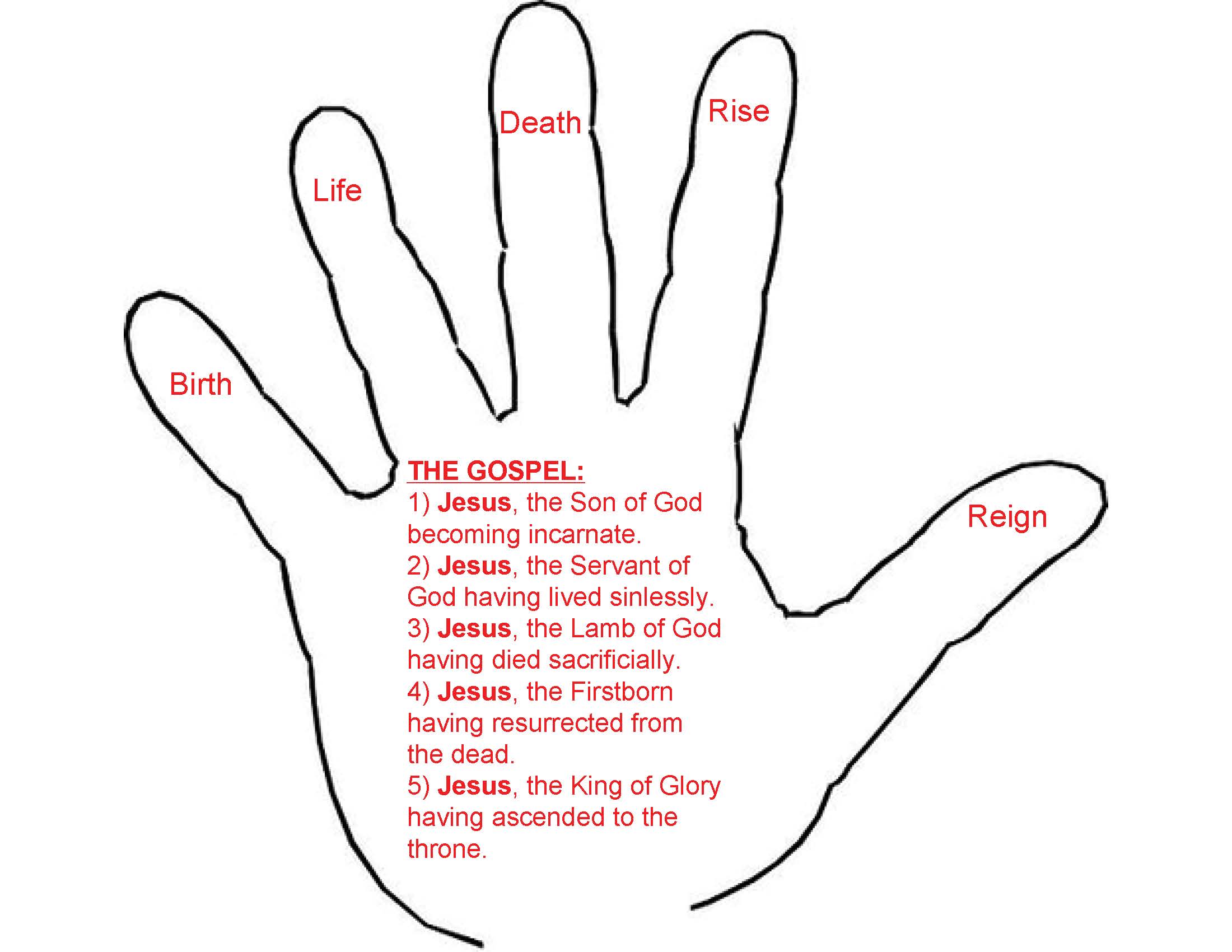Video of interest: http://vimeo.com/25058865
Truly, I respect and appreciate where these three brothers are coming from on the whole, however, they demonstrate quite well the concern raised in a few of my previous posts (actually the last, third, and fourth to last posts). More about that in a moment.
Again, there’s much here to be appreciated. They do a fine job in this video and the other ones they’ve posted at Vimeo. There’s a great deal of clarity on what the-Gospel-proper is and isn’t, striving to keep the root distinct from the fruit. And yet, the concern is with comments regarding the “moral law” and its relationship to the Gospel.
There’s this assumption that’s made, what some would describe as a “third use” of the Law. That, the Gospel itself calls us (believers) to “keep the Law.” Beginning right around the 4:27 mark, the discussion takes an interesting turn. The idea of “balance” is espoused, that the Bible puts forth the Gospel but then gives us commands (Law) so that we can see what the fruit of the Gospel looks like. This conversation goes further to say that, the commands don’t change, the moral law of God doesn’t change…but now because of the Gospel, you now have the Holy Spirit in you and empowering you to now live like Jesus was living…but God’s law is unchanging. The Law remains the tracks that the Gospel now pushes us along. Preach the commands, but also the Gospel so that by it people can obey the commands.
All of us either do now or have once accepted such notions as soundly biblical, but this thinking implies the following faulty conclusions:
- The Gospel is not a proclamation: of Jesus having fulfilled the Law, that we might be ruled by His Holy Spirit, with eyes fastened on the person and work of Christ, not on our performance, but in confidence that God is the promise keeper in making a people for his name’s sake, again through their beholding Christ’s glory revealed in the Gospel, New Covenant, by faith.
- But, the Gospel ends up being a new means to an old scheme, Law-keeping.
- Lastly, in effect, we’re being told that we must not hold too closely to notions like: Christ is the end of the Law; that the Law has been abolished; that the Spirit is supplied by faith and not works of the Law, or by a works-of-the-Law focus; that as those who are of the free woman (Jerusalem above) and not the slave woman (present Jerusalem; Sinai) we walk by faith (seeing Christ’s righteousness) not sight (seeing our righteousness); or, only faith working through love (a love that is revealed on the cross, and manifest by the Holy Spirit) counts for anything.
What’s missing? The understanding that Christ’s fulfilling the Law in/by himself for us, brings the code-function of the Law in the life of God’s people to an end. The Law once functioned (as code) among God’s people as a means whereby they maintained a place in the Land, under the protection of the Lord. What’s also missing is that the Law continues to function as a revelation of Jesus Christ, formerly as a shadowy revealing of God, but now as a substantive revealing of God when the Law is read in light of the Gospel, and thereby we see the face of Jesus Christ. We see his face most clearly in the Gospel, New Covenant, and because of that are able to make out the Face in what was once mystery and shadowy, Old Covenant, The Law. A face, that we behold, and are changed by in doing so, not by our doing in order to be changed.
What are we left with then, that we might be conformed to His image? The Holy Spirit! Not a “moral Law” but an abiding Ruler of/in the heart, again the Holy Spirit. This is God’s promise fulfilled in/thru Jesus, that the Spirit would one day be given, on account of what Christ has done for us, that Christ’s image might be manifest by His Spirit in us, making us to glorify Him and seek the good of our neighbor. This is the New Covenant, new context.
In short, the Christ-event changed everything; yes, even the role of the law-code with it’s demands; and yes, even us, who are now children of the Jerusalem above, the free woman, who are free in the Spirit unto God and neighbor.
The Gospel changes everything…the whole context, vertically and horizontally, internally and externally, temporally and eternally.






